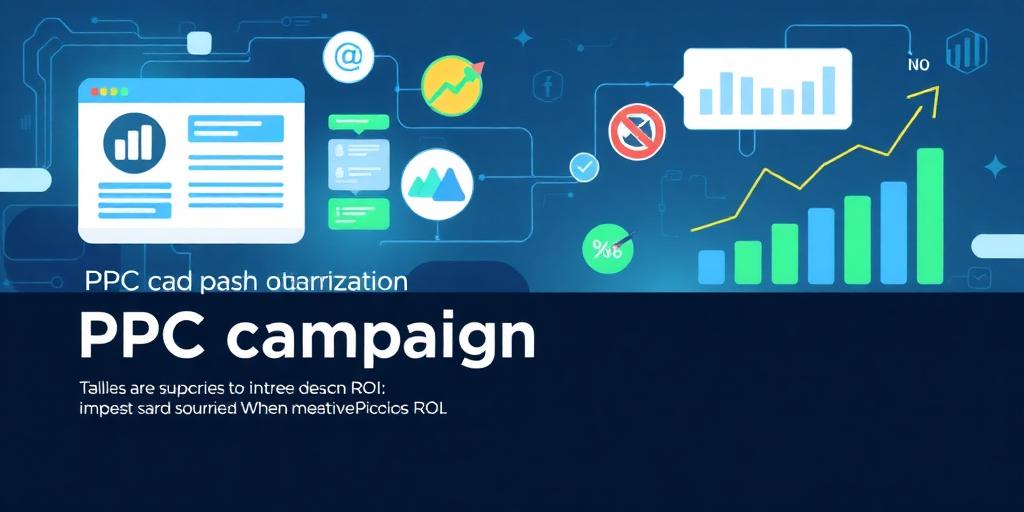How to Build Topic Clusters for Better SEO
In the ever-evolving landscape of search engine optimization (SEO), staying ahead of the curve requires innovative strategies. One such strategy is the implementation of topic clusters. Topic clusters are a way to organize your website's content into related topics, making it easier for search engines to understand your site's structure and expertise. This comprehensive guide will walk you through the process of building effective topic clusters to boost your SEO.
What Are Topic Clusters?
A topic cluster is a content organization model centered around a pillar page and several related cluster content pieces (subpages or blog posts). The pillar page covers a broad topic, providing a high-level overview. Each cluster content piece delves into specific subtopics, linking back to the pillar page and to each other.
This structure helps search engines understand the relationships between different pieces of content on your site, boosting the authority and ranking of both the pillar page and the cluster content.
Why Use Topic Clusters?
- Improved SEO: Topic clusters enhance your site's SEO by creating a clear, organized structure that search engines can easily crawl and understand. This leads to higher rankings and more organic traffic.
- Enhanced User Experience: A well-structured topic cluster provides a seamless user experience, allowing visitors to easily navigate and find relevant information.
- Increased Authority: By covering a topic comprehensively, you establish your website as an authority in that area. This builds trust with both search engines and your audience.
- Better Content Planning: Topic clusters help you identify gaps in your content and plan future topics, ensuring a consistent and strategic approach to content creation.
Step-by-Step Guide to Building Topic Clusters
- Identify Core Topics: Start by identifying the core topics relevant to your business and audience. These topics should be broad enough to support multiple subtopics but specific enough to be meaningful.
- Keyword Research: Conduct thorough keyword research to identify the best keywords for your pillar page and cluster content. Focus on a mix of high-volume and long-tail keywords.
- Create a Pillar Page: Develop a comprehensive pillar page that covers the core topic in detail. This page should provide an overview of the topic and link to all related cluster content.
- Develop Cluster Content: Create individual pieces of cluster content that delve into specific subtopics related to the pillar page. Each piece should be optimized for a specific long-tail keyword and link back to the pillar page.
- Internal Linking: Implement a robust internal linking strategy, linking each piece of cluster content to the pillar page and to other relevant cluster content. This creates a cohesive network of content that supports the overall topic cluster.
- Track and Measure: Use analytics tools to track the performance of your topic clusters. Monitor metrics such as organic traffic, keyword rankings, and engagement to identify areas for improvement.
Tools for Building Topic Clusters
- SEMrush: Offers tools for keyword research, content planning, and SEO analysis.
- Ahrefs: Provides comprehensive data on keywords, backlinks, and competitor analysis.
- Google Keyword Planner: A free tool for keyword research and traffic estimation.
- AnswerThePublic: Generates topic ideas based on user questions and searches.
Best Practices for Topic Clusters
- Relevance: Ensure that all cluster content is highly relevant to the pillar page and the overall topic.
- Quality: Create high-quality, informative content that provides value to your audience.
- Consistency: Regularly update and refresh your topic clusters to keep them current and relevant.
- User Experience: Optimize your topic clusters for user experience, ensuring easy navigation and readability.
Examples of Effective Topic Clusters
- Core Topic: Digital Marketing
- Pillar Page: The Ultimate Guide to Digital Marketing
- Cluster Content:
- SEO Best Practices for 2024
- Social Media Marketing Strategies
- Email Marketing Tips and Tricks
- Content Marketing for Beginners
- PPC Advertising Guide
- Core Topic: Healthy Eating
- Pillar Page: The Complete Guide to Healthy Eating
- Cluster Content:
- The Benefits of a Plant-Based Diet
- How to Meal Prep for a Week
- Superfoods for Optimal Health
- The Importance of Hydration
- Healthy Snack Ideas
Common Mistakes to Avoid
- Lack of Planning: Failing to plan your topic clusters can lead to disorganized and ineffective content.
- Poor Keyword Research: Targeting the wrong keywords can result in low traffic and poor rankings.
- Ignoring Internal Linking: Neglecting internal linking can weaken the structure of your topic clusters.
- Neglecting User Experience: A poor user experience can drive visitors away and hurt your SEO efforts.
Conclusion
Building topic clusters is a strategic approach to SEO that can significantly improve your website's visibility and authority. By organizing your content into related topics and implementing a robust internal linking strategy, you can enhance your site's structure, improve user experience, and boost your search engine rankings. Follow this guide to create effective topic clusters and take your SEO to the next level.








